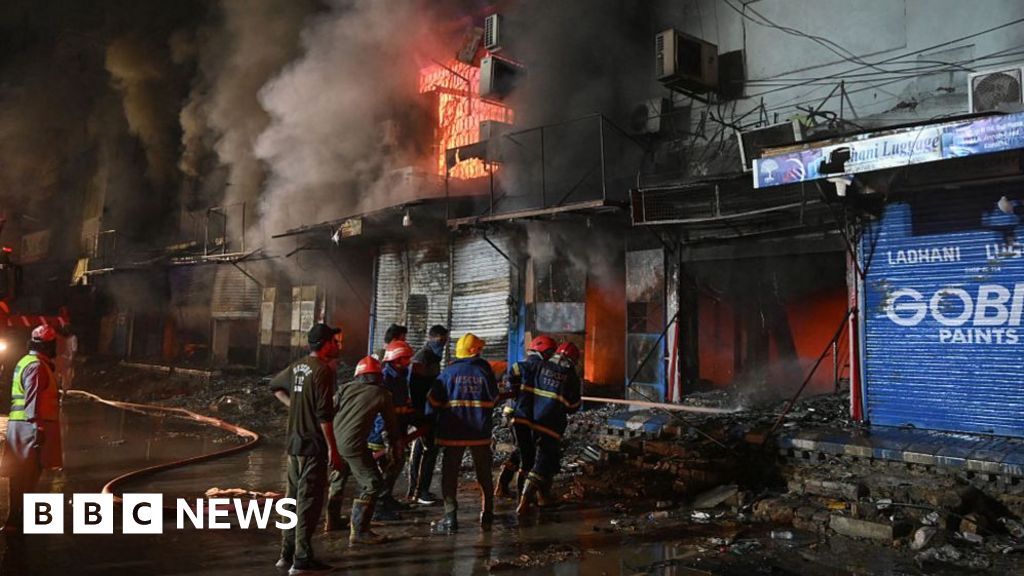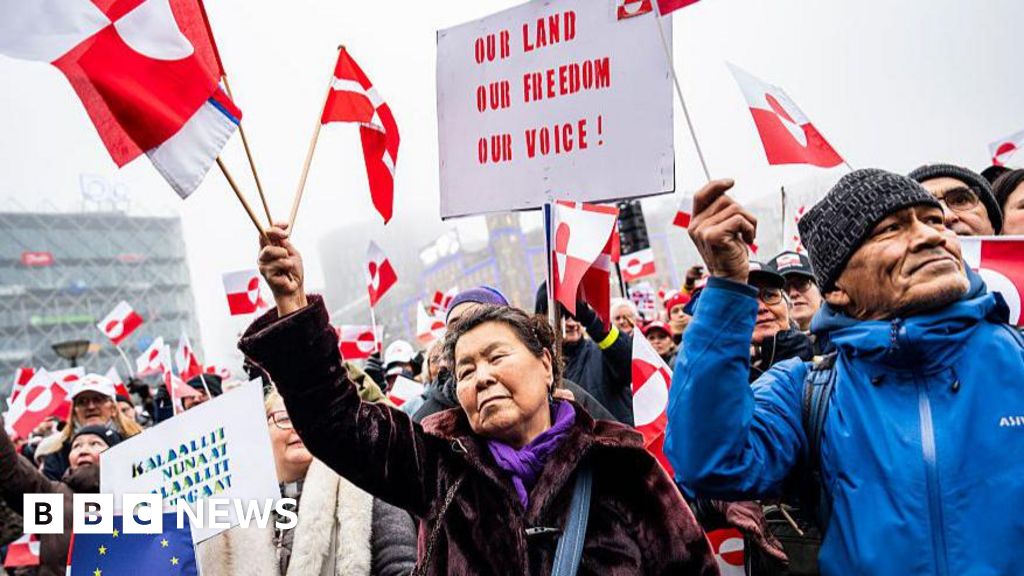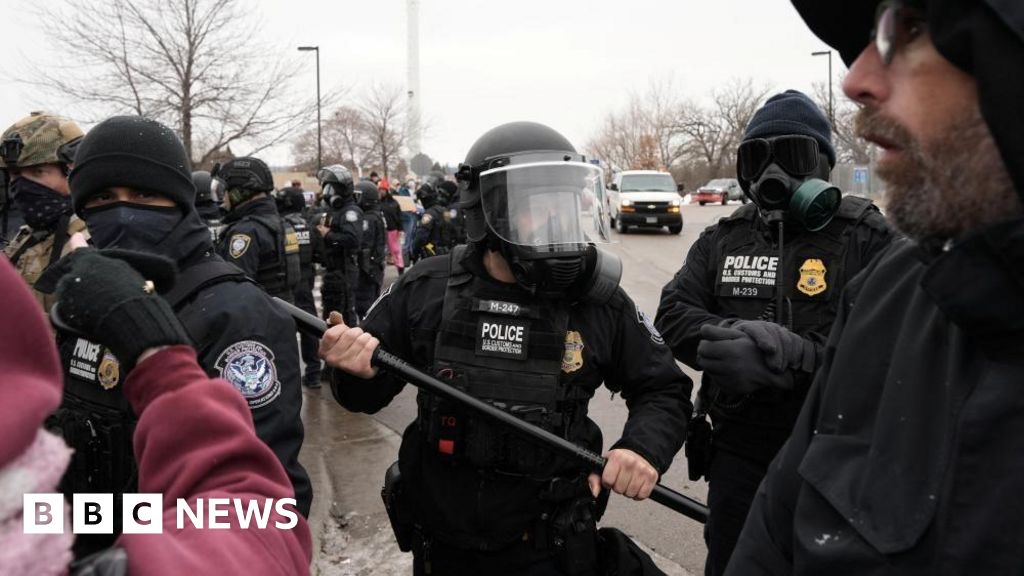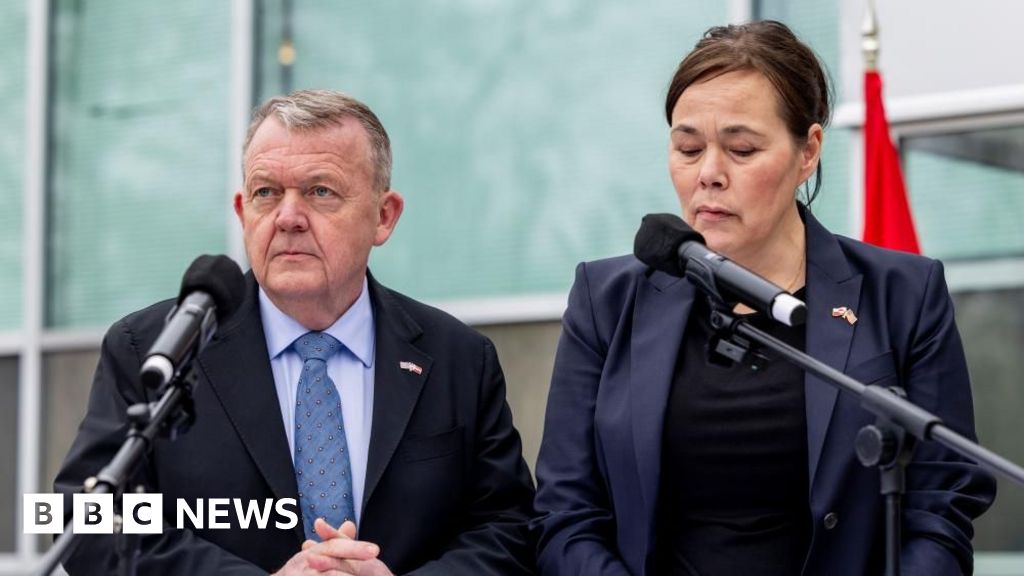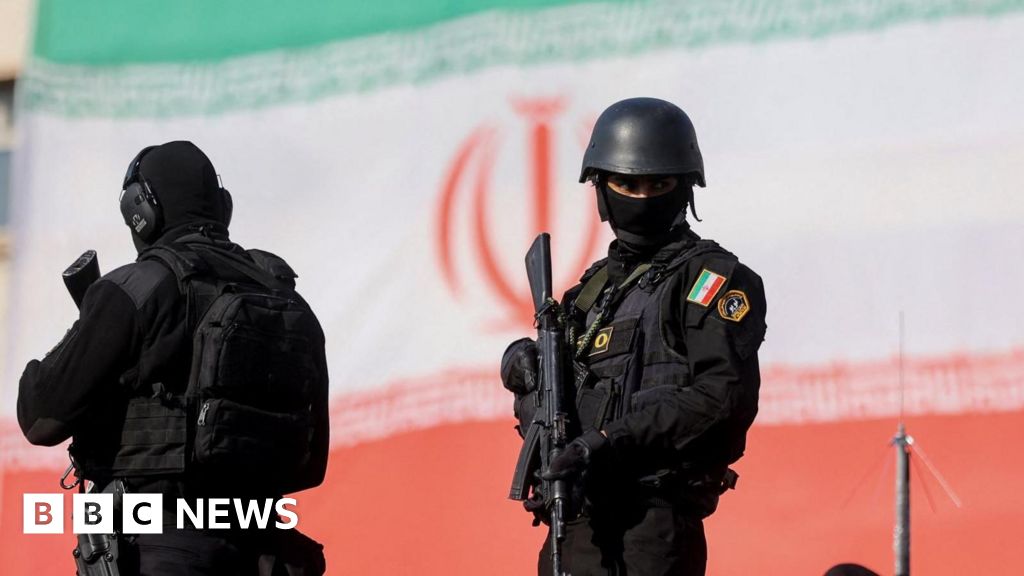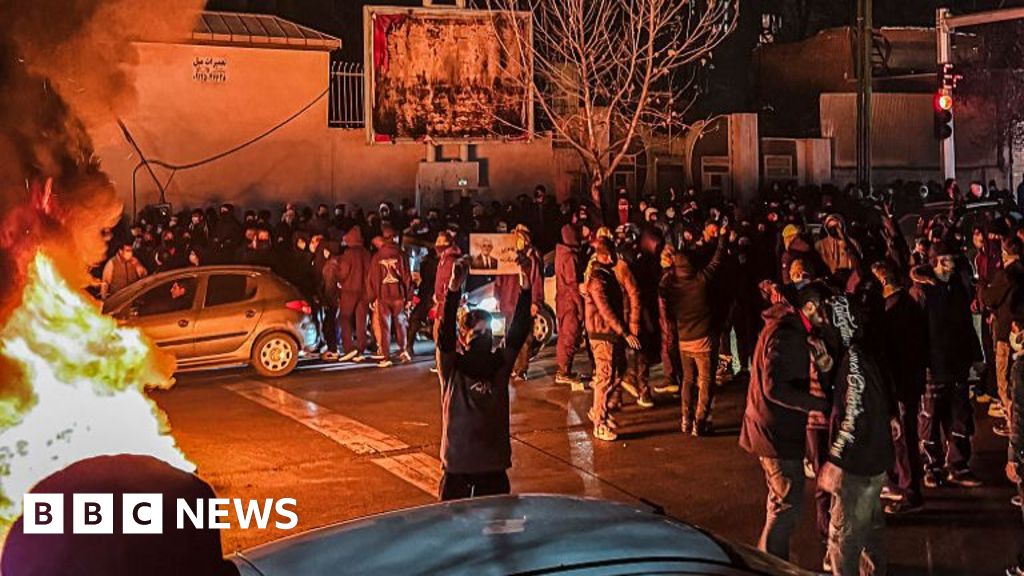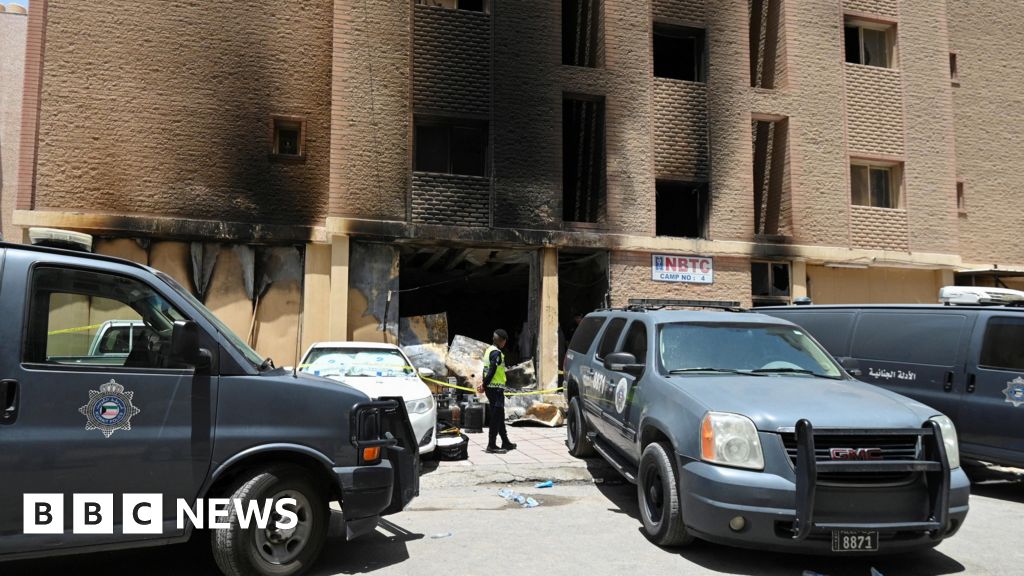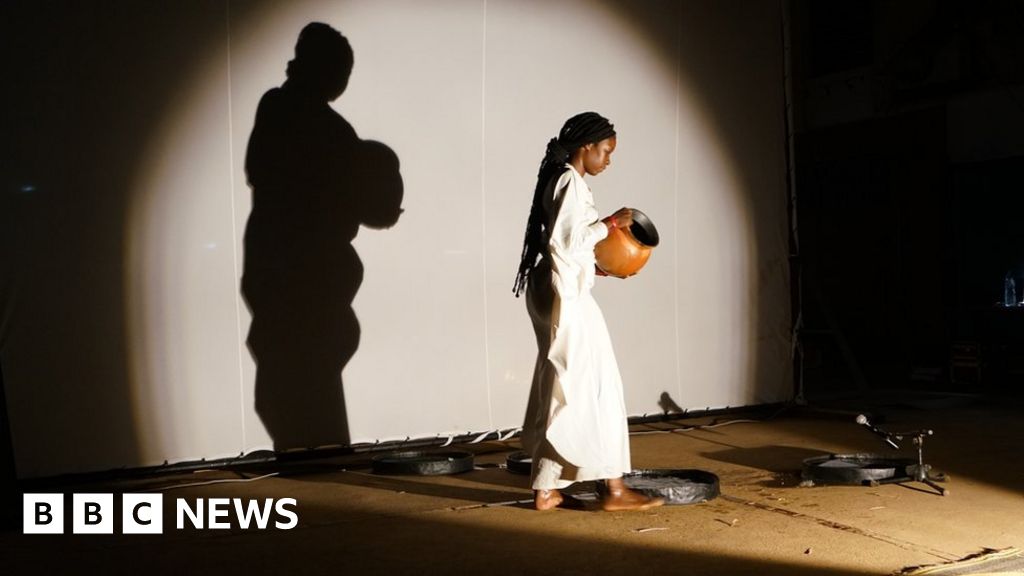At least 49 people have been killed in a fire at a residential building in the Kuwaiti city of Mangaf, the country’s Interior Ministry says.
Video shared on social media showed flames engulfing the lower part of the building and thick black smoke billowing from the upper floors.
Many of the casualties are said to be foreign workers who lived there, including a number of Indian nationals.
Deputy Prime Minister Sheikh Fahad Yusuf al-Sabah accused property owners of greed and said violations of building standards had led to the tragedy.
“Unfortunately the greed of the property owners is what led to this,” Sheikh al-Sabah, who is also acting interior minister, told Reuters news agency.
“They violate regulations and this is the result of the violations.”
Interior Ministry spokesman Maj-Gen Eid al-Oweihan told state TV that the fire was reported at 06:00 local time (03:00 GMT) on Wednesday. It was now under control.
Local media reports say the building housed 196 workers and there are suggestions that it may have been overcrowded.
A senior police officer told state TV that there were a “large number” of people in the building at the time of the fire.
“Dozens were rescued, but unfortunately there were many deaths as a result of inhaling smoke from the fire,” he said, adding that warnings were often issued about overcrowding in this type of accommodation.
No details have so far been given officially about the workers’ countries of origin or the nature of their employment.
But rescue worker Shamsudheen Kanneth told the BBC that of the 49 dead, 30 had been identified, most of whom were Indian nationals.
There were also Pakistanis, Bangladeshis, Filipinos and Nepalis among them.
However, some of the bodies had been burned beyond recognition, Mr Kanneth added, and DNA tests would be required.
Indian Foreign Minister S Jaishankar said in a post on X that embassy officials had visited the injured in hospital. Prime Minister Narendra Modi, also on X, sent condolences to the families of those who had died.
Two-thirds of the Kuwaiti population is made up of foreign workers and the country is highly dependent on migrant labour, especially in the construction and domestic sectors.
Human rights groups have regularly raised concern over their living conditions.

